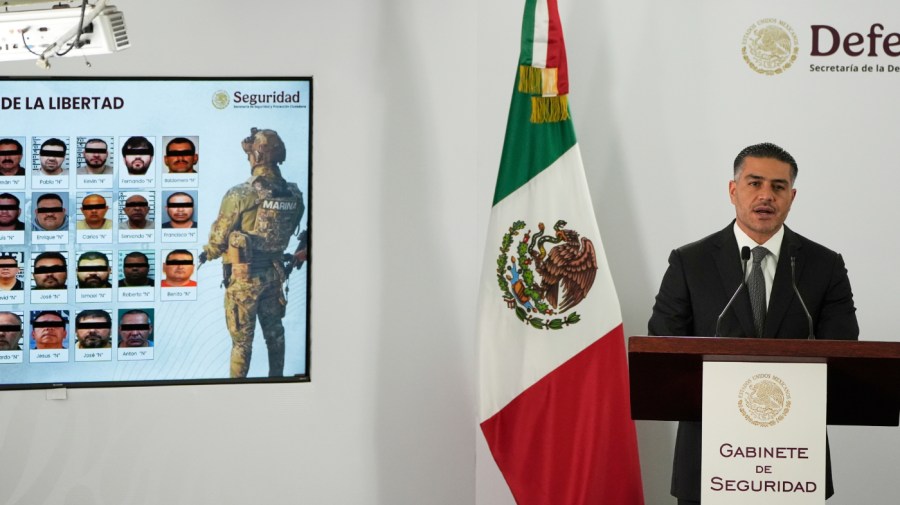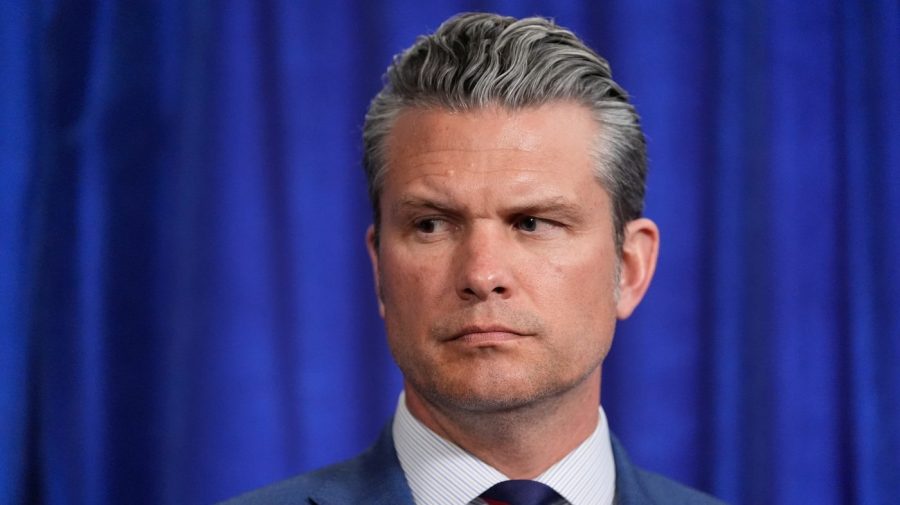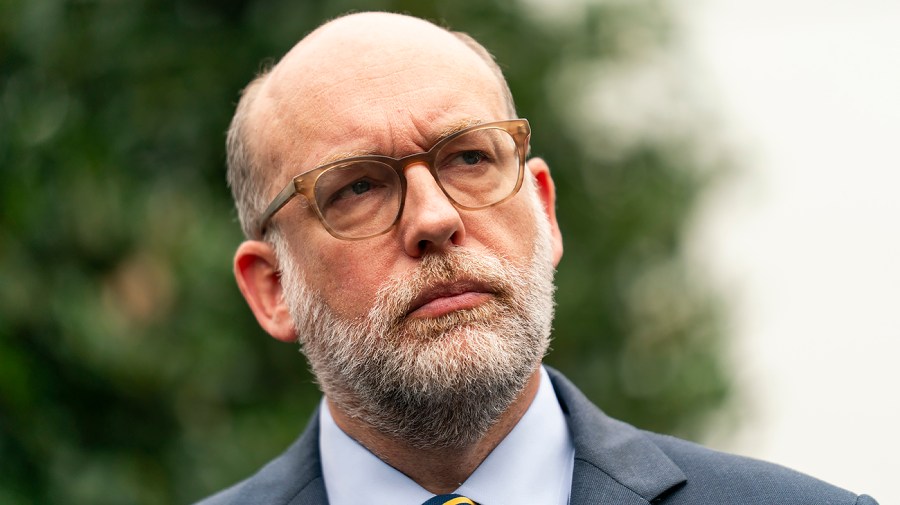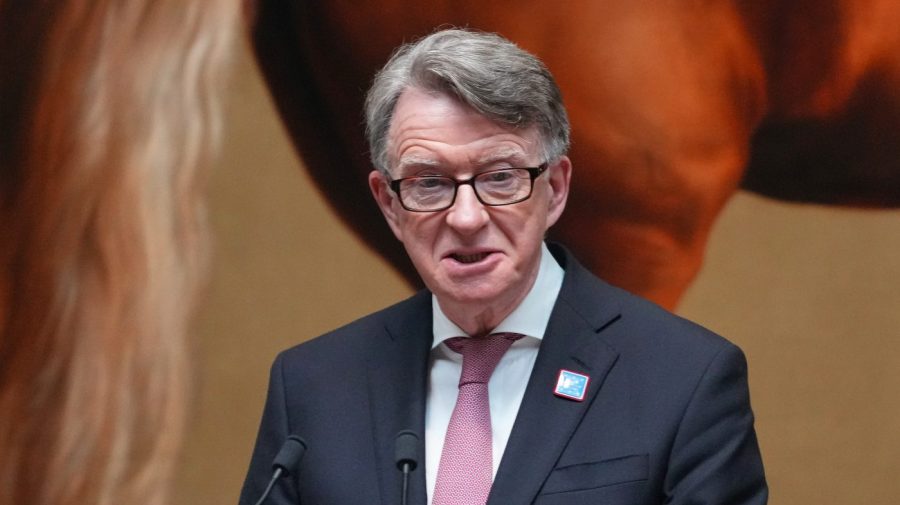
Earlier this year, US-Mexico security experts toyed with the implausible idea that the US was preparing unilateral military action in Mexico. In February, the Trump administration declared five Mexican-based cartelsforeign terrorist organizationTo create a legal basis to rationalize military intervention.
The rhetoric changedon SeptemberWhen President Trump focused his attention on Venezuela as a symbol of drug trafficking networks that threaten US interests.reportsUS warships deployed in the southern Caribbean and US bombing of small vessels allegedly carrying drugs signaled a shift from a single-minded focus on fentanyl production in Mexico.
The Trump administration appears to have reduced pressure on the Mexican government to attack illegal fentanyl production and transportation. But this is now changing as news emerges about possible US military preparations Mission in Mexico to attack the cartels,
The switch to Venezuela was a surprise for those of us who study drug trafficking: Fentanyl from Mexico The leading cause of overdose deaths in the US Drug trafficking took place through Venezuela These are not synthetic opioids, but cocaine shipped to West Africa and Europe, with very little reaching the US. Fentanyl, not cocaine, is the major contributor for overdose deaths in the US.
The line between drug trafficking and the justification for US military action in Venezuela is weak – so weak in fact that a group of bipartisan senators, including Rand Paul (R-Ky.), are mobilizing against Trump declared unilateral war on the regime of Nicolas Maduro.
Additionally, faced with the threat of tariffs that could weaken Mexico’s economy, President Claudia Sheinbaum chose to appease Trump. Since February, that issent 55 drug smugglersto the United States for prosecution, bypassing arduous extradition procedures, and ordered security forcesShut down several large fentanyl producing laboratories,
Despite these concessions and the threat to Mexico’s political stability, Trump continues to talk about invading Mexico.
The transfer to Venezuela was likely welcome news by Secretary of State Marco Rubio, who would have to deal with the fallout from military action in Mexico, and President Sheinbaum, who would have sought to remove him from office for allowing such action.
Mexican drug smugglers, secure in the knowledge that they can continue shipping fentanyl to the United States, are likely the most excited. probably the biggest winner Jalisco New Generation Cartel Because this gives them time to further consolidate their power over the network previously dominated by the Sinaloa Cartel.
Following the arrest and extradition of Joaquin “El Chapo” López Guzmán, several of his sons, known as “Los Chapitos”, and Ismael “El Mayo” Zambada, the Sinaloa Cartel split into several groups that are currently fighting with each other for control.
This void has allowed the Jalisco New Generation Cartel to enter the production and trafficking of fentanyl, previously controlled by the Sinaloa Cartel, and establish new alliances with some of the smaller players in criminal networks throughout the country.
We suspect this realignment is being driven by the dramatic decline in violent crimes since Scheinbaum took office nearly two years ago. In recent years, the number of murders by year were the highest in recorded history, but there have also been violent crimes cut by one third over the past 12 months.
There are two reasons for this deficiency. First, Sheinbaum’s effective security policies, particularly policies that promoted cooperation between different branches of law enforcement to target local criminal groups.
The second is the reduction in conflict between criminal groups, a testament to the consolidation of power of Jalisco’s new generation. There is no need to resort to violence as they have the certainty of controlling key areas across the country, including those previously dominated by the Sinaloa Cartel.
The presence of US troops in Mexico would seriously and irreparably weaken Sheinbaum’s anti-drug policies, with disappointing consequences. Paralyzing the Sheinbaum administration would create an even bigger and stronger enemy south of the border. It is only a matter of time before the Jalisco New Generation, which is significantly more brutal than Sinaloa, announces its complete takeover of the fentanyl markets.
Rather than sidelining and weakening the Mexican government, the Trump Administration should partner with President Sheinbaum to jointly attack the root causes of cartels and drug trafficking. Such cooperation would send a clear signal to the new generation of Jalisco to back off their expansion efforts and pursue an effective anti-narcotics policy.
Gladys McCormick is the Jay and Debbie Moskowitz Endowed Chair in Mexico-US Relations at the Maxwell School of Citizenship and Public Affairs at Syracuse University. She previously worked as a senior associate at the Center for International and Strategic Studies in Washington, D.C.












